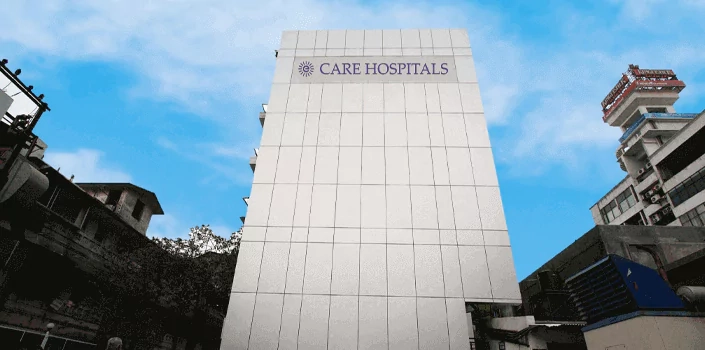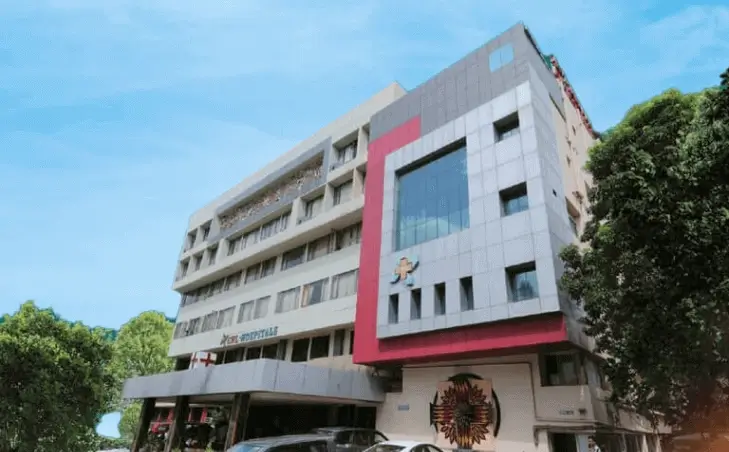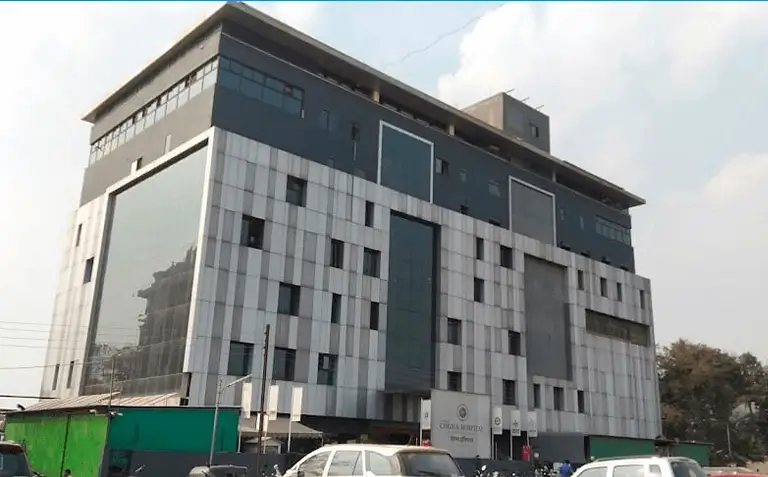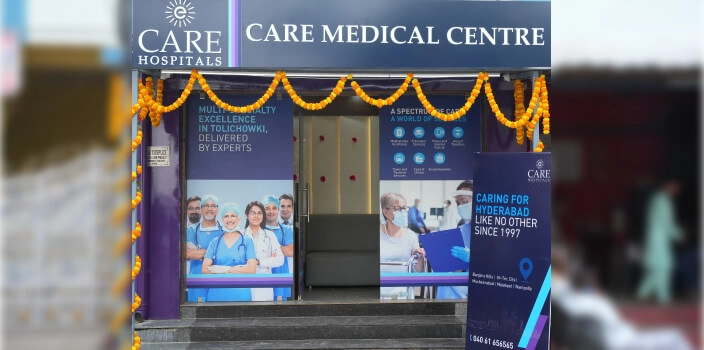-
Doctors
-
Specialities & Treatments
Centre of Excellence
Specialties
Treatments and Procedures
Hospitals & Directions HyderabadCARE Hospitals, Banjara Hills CARE Outpatient Centre, Banjara Hills CARE Hospitals, HITEC City CARE Hospitals, Nampally Gurunanak CARE Hospitals, Musheerabad CARE Hospitals Outpatient Centre, HITEC City CARE Hospitals, Malakpet
HyderabadCARE Hospitals, Banjara Hills CARE Outpatient Centre, Banjara Hills CARE Hospitals, HITEC City CARE Hospitals, Nampally Gurunanak CARE Hospitals, Musheerabad CARE Hospitals Outpatient Centre, HITEC City CARE Hospitals, Malakpet Raipur
Raipur
 Bhubaneswar
Bhubaneswar Visakhapatnam
Visakhapatnam
 Nagpur
Nagpur
 Indore
Indore
 Chh. Sambhajinagar
Chh. SambhajinagarClinics & Medical Centers
Book an AppointmentContact Us
Online Lab Reports
Book an Appointment
Consult Super-Specialist Doctors at CARE Hospitals

Bladder Neck Incision Surgery in Hyderabad
- Advanced Technology
- Shorter Hospital Stay
- Pre & Post-Operative Care
- All Insurance Accepted

Chat With Our Experts
Get second opinion on Whatsapp
25 lakhs+
Happy Patients
Experienced and
skilled surgeons
17
Health Care Facilities
Top most Referral Centre
for Complex Surgeries
Advanced Bladder Neck Incision (BNI) Surgery
BNI Surgery (Bladder Neck Incision) has shown soaring win rates among patients with bladder neck obstruction. Research indicates that the majority of patients recover successfully without major complications. The procedure's minimally invasive nature helps patients with urinary problems lead better lives.
The surgery creates an incision in the tight bladder neck tissue that restricts urine flow. Patient outcomes and improvement in maximum urine flow rates prove the procedure's effectiveness. Patients with prostates smaller than 30g find BNI surgery a great alternative to more complex surgical options.
This article covers the essential aspects of BNI surgery that you should know. You will also learn about the procedure's mechanics, recovery timeline and success rates. The information will help you determine if this treatment suits you or your loved one's needs.
Why CARE Group Hospitals is Your Top Choice for Bladder Neck Incision (BNI) Surgery in Hyderabad
CARE Hospitals has become a trusted name for Bladder Neck Incision (BNI) Surgery, blending surgical expertise with personalised care. The hospital's excellence in urological procedures has made it a prominent healthcare destination in Hyderabad and the surrounding regions.
CARE Hospitals stands out in bladder neck incision procedures because it offers:
- Internationally recognised urologists who lead India's urology treatments
- Expert teams that bring together urologists, nephrologists, gynaecologists and oncology specialists
- Complete diagnostic tools, including endoscopy, ultrasound and urodynamic testing
- A patient-first philosophy that addresses both physical and emotional needs
- Proven success rates in urological procedures with the best possible outcomes
Best Neck Incision Surgery Doctors in India


Advanced Surgical Solutions at CARE Hospital
CARE Hospital uses state-of-the-art technology for bladder neck incision procedures:
- Minimally invasive methods that help patients recover faster
- High-precision cystoscopy for better surgical visualisation
- Robotic surgical systems that give surgeons detailed 3D views for better accuracy
- Strong surgical facilities with modern equipment
- Methods that let patients go home sooner and heal quickly
Conditions Requiring Bladder Neck Incision Surgery
CARE Hospitals' doctors recommend BNI surgery when patients have:
- Bladder neck blockages that slow urine flow or cause dribbling
- Problems emptying the bladder fully, leading to urine retention
- Frequent and urgent need to urinate
- Nocturia (nighttime urination)
- Small benign prostate glands blocking urine flow
- Bladder neck narrowing, sometimes from earlier surgeries
Types of Bladder Neck Incision Procedures
CARE Hospitals provides several BNI surgery options:
- Transurethral Incision (TUI): A gentle approach with tiny cuts at the bladder neck
- Laser-assisted Bladder Neck Incision: Uses laser for exact cutting and less bleeding
- Endoscopic Bladder Neck Incision: Uses endoscopes to protect nearby tissue
- Conventional Electric Spike Technique: Uses an electric cutter through a telescope
The surgical team picks the best method based on each patient's needs to ensure the best possible outcome for bladder neck incision procedures.
About the surgery
Bladder neck incision surgery needs proper preparation to give the best results. The procedure works well to treat urinary flow problems through a simple approach.
Pre-surgery Preparation
Doctors will run several tests before BNI surgery:
- Blood tests that include complete cell count and liver function tests
- Urinalysis rules out infections that need treatment before surgery
- ECG and X-ray show heart health
Your doctor also instructs:
- Stopping blood thinners and certain pain medications.
- Don't eat or drink anything six hours before surgery.
- Avoid alcohol one week before and two weeks after surgery.
Bladder Neck Incision (BNI) Surgical Procedure
BNI surgery usually takes 30 minutes to 1 hour. Doctors do this under general or spinal anaesthesia. The process involves:
- Putting a resectoscope (a thin tube with a camera) through the urethra
- Creating small incisions at the bladder neck with an electric current or laser
- Opening the bladder neck wider so that urine flows better
The procedure happens through the urethra without any skin cuts.
Post-surgery Recovery
Most patients spend one to two nights in the hospital. A catheter stays in place at first and might connect to bladder irrigation that flushes out blood clots. You can start light activities within 3-5 days, but full recovery needs up to 4 weeks.
Recovery usually includes:
- Burning feelings during urination that go away
- Blood in urine lasting 2-4 weeks
- Urinary symptoms that get better over 3 months
Risks and Complications
Beyond standard surgical risks like bleeding and infection, specific issues might include:
- Retrograde ejaculation
- More frequent and urgent urination
- Stress incontinence (rare cases)
- Urethral strictures that need more treatment
Benefits of Bladder Neck Incision (BNI) Surgery
Urine flow improves substantially and obstruction symptoms decrease. The minimally invasive method affects surrounding tissues less, has fewer complications and needs less recovery time than open surgery.
Insurance Assistance for Bladder Neck Incision Surgery
Insurance plans cover this procedure when doctors say it's needed. Coverage changes with different policies and might not include some pre-operative care.
Second Opinion for Bladder Neck Incision Surgery
Getting another doctor's opinion will give you treatment suggestions that match your condition. This becomes especially important with surgical procedures like BNI.
Conclusion
Bladder Neck Incision surgery is a highly effective treatment for patients with bladder neck obstruction. The success rate is high with minimal complications. Patients see amazing improvements - their symptom scores drop by a lot, and urine flow rates more than double after the procedure.
CARE Hospitals delivers this life-changing procedure through their team of globally recognised urologists. Their patient-first approach combines innovative technology with detailed care. This makes them a top choice in Hyderabad for urological treatments.
Patients who want treatment for bladder neck obstruction should ask their doctors about BNI surgery, especially those with smaller prostates. The high success rate, quick recovery, and lasting results make this an excellent choice for many people.
BNI surgery at CARE Hospitals helps patients find relief from urinary symptoms. It gives them back control over their daily routine and enhances their quality of life.
Best Bladder Neck Incision Surgery Hospitals in India
-
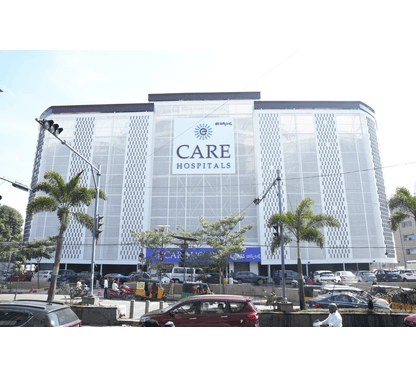
CARE Hospitals, Banjara Hills, Hyderabad
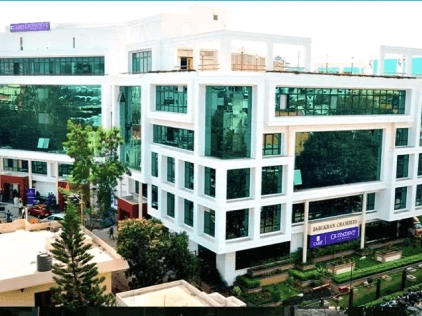
CARE Hospitals Outpatient Centre, Banjara Hills, Hyderabad
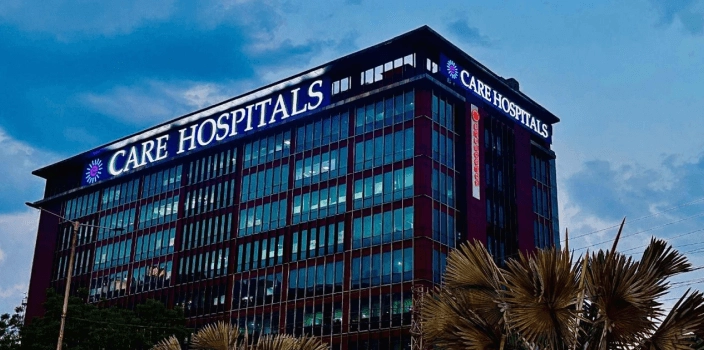
CARE Hospitals, HITEC City, Hyderabad
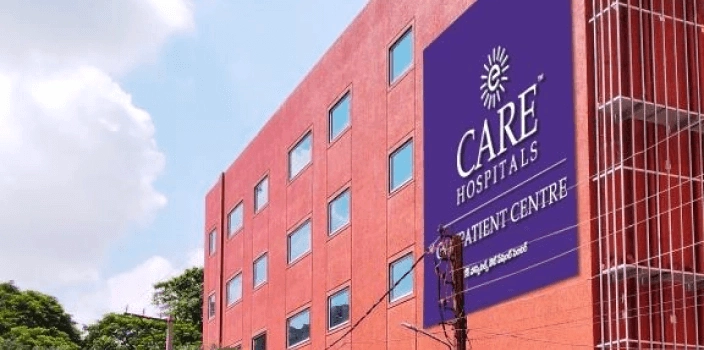
CARE Hospitals Outpatient Centre, HITEC City, Hyderabad
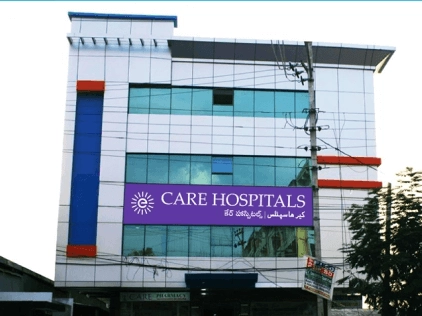
Gurunanak CARE Hospitals, Musheerabad, Hyderabad
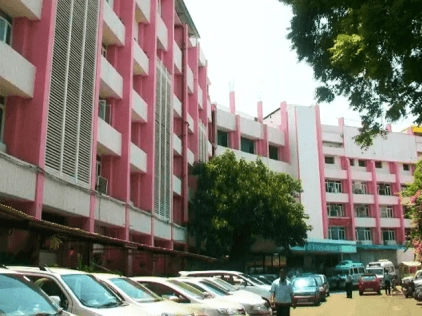
CARE Hospitals, Nampally, Hyderabad
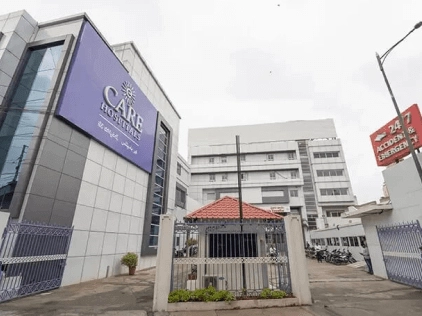
CARE Hospitals, Malakpet, Hyderabad
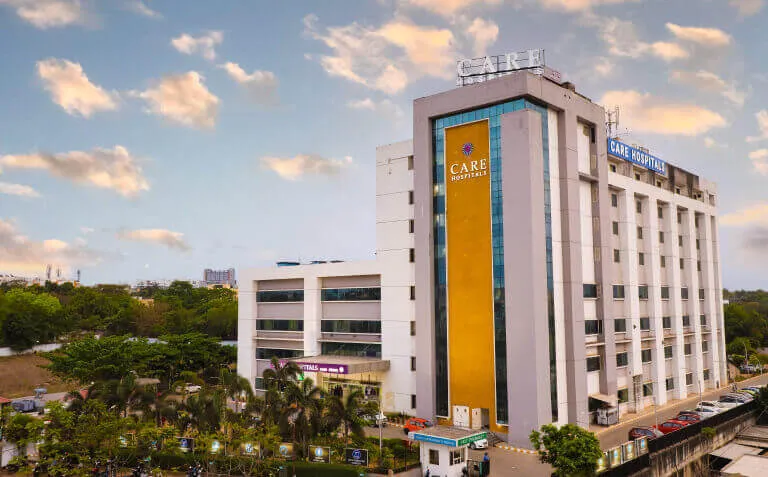
CARE Hospitals, Bhubaneswar
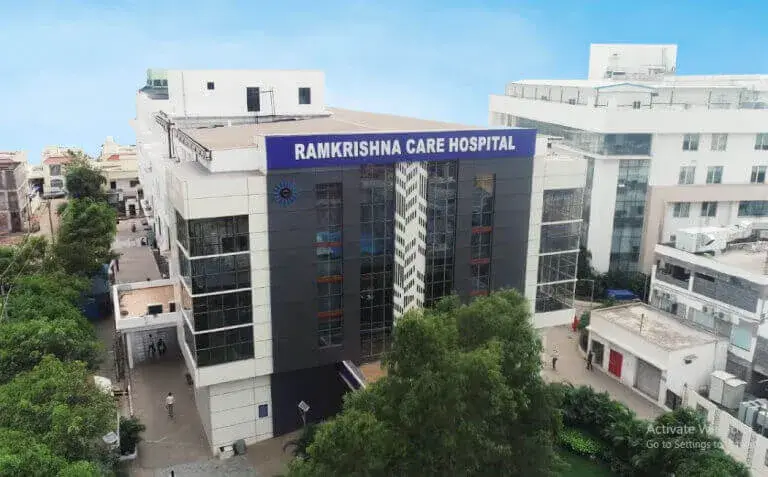
Ramkrishna CARE Hospitals, Raipur
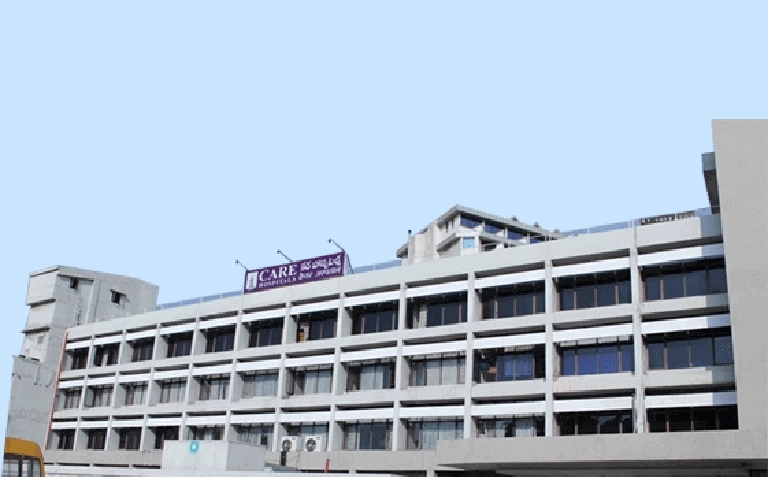
CARE Hospitals, Ramnagar, Visakhapatnam
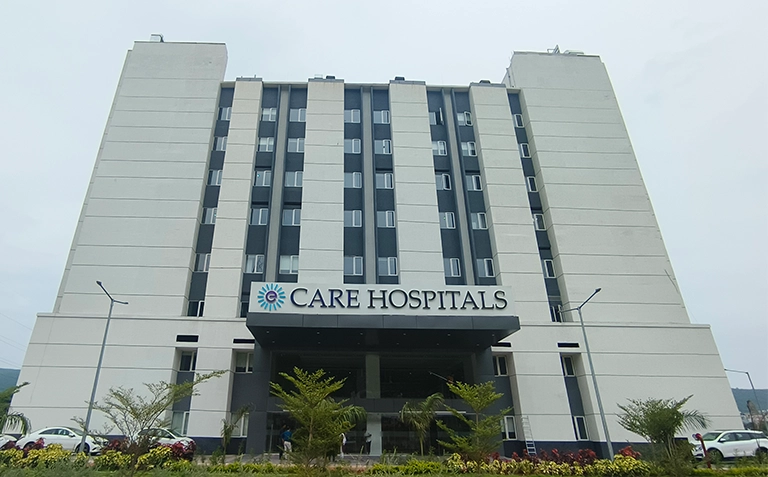
CARE Hospitals, Health City, Arilova
Related Surgeries
- Best Hospital for Bladder Suspension Surgery in Hyderabad
- Best Hospitals for Vasectomy in Hyderabad
- Best Hospital for Circumcision Surgery in Hyderabad
- Best Hospital for DJ Stent Removal Surgery in Hyderabad
- Best Hospital for Laser Prostatectomy Surgery in Hyderabad
- Best Hospital for PCNL Surgery in Hyderabad
- Best Hospital for Penile Implant Surgery in Hyderabad
- Best Hospital for RIRS Surgery in Hyderabad
- Best Hospital for Turp Surgery in Hyderabad
- Best Hospital for Ureteroscopic lithotripsy Surgery in Hyderabad
- Best Hospital For Epididymectomy Surgery in Hyderabad
- Best Hospital for TURBT Surgery in Hyderabad
- Best Hospital for Varicocelectomy Surgery in Hyderabad
- Best Hospitals for Miniperc Surgery in Hyderabad
- Best Hospital for Nephrectomy Surgery in Hyderabad
- Best Frenuloplasty Surgery in Hyderabad
- Bladder Neck Incision Surgery in Hyderabad
- Best Hospital for Prostatectomy Surgery in Hyderabad
- Best Hospital for Urethral Stent Placement Surgery in Hyderabad
- Best Hospital for Urethrotomy Surgery in Hyderabad
- Best Hospital for Urethroplasty Surgery in Hyderabad
- Best Hospital for Endopyelotomy Surgery in Hyderabad
- Best Hospital for Bladder Sling Surgery in Hyderabad
Frequently Asked Questions
Bladder neck incision treats bladder neck obstruction with minimal invasion. The procedure works like this:
- Surgeons create small cuts in the tight bladder neck tissue with specialised instruments
- These cuts help open the bladder's neck and relieve pressure
- Urine flow improves without removing prostate tissue
Doctors suggest BNI surgery in these cases:
- Medications no longer help urinary symptoms
- Smaller prostate glands cause obstruction
- The bladder neck becomes narrow (stenosis), sometimes from earlier surgery
- Bladder neck blockage severely impacts life quality
The best candidates are:
- Men with prostates smaller than 30-40 grams
- People who struggle with difficult urination, weak flow or incomplete emptying
- Those who don't respond to medications
- Healthy people without serious medical issues
BNI proves safe in most cases. Research shows:
- The majority of patients heal without serious complications
- Symptom relief and improved urine flow success rates
- Most complications remain manageable and temporary
BNI moves quickly:
- Most procedures last 20-30 minutes
- Some doctors finish in 15-30 minutes
- Surgery rarely exceeds one hour
BNI ranks as a minor surgery because:
- Doctors perform it through the urethra without external cuts
- Patients head home the next day
- Recovery beats the timeline of bigger prostate surgeries
Patients might experience:
- Bleeding
- Retrograde ejaculation
- Urinary incontinence (rare and usually temporary)
- Urethral stricture
Recovery follows this timeline:
- Hospital stays last 1-2 days
- No driving for 2 weeks
- Normal activities resume after 2-3 weeks
- Full recovery takes 4-6 weeks
Research shows BNI surgery delivers excellent lasting results:
- The majority of patients stay satisfied with their outcomes years after surgery
- Maximum urine flow rates show the most important improvement that lasts for years
- Patient's quality of life improves
Some patients might experience:
- Retrograde ejaculation (dry orgasms)
- Erectile dysfunction
- Urethral stricture
Your surgeon can choose between two main types of anaesthesia for BNI surgery:
- General anaesthesia - you sleep throughout the entire procedure
- Spinal anaesthesia - you remain awake but feel nothing from the waist down
The anesthesiologist discusses both options and recommends the best one based on your medical history.
Patients who prefer non-surgical approaches have several options:
- Medications - drugs that relax bladder neck muscles
- Observation - monitoring symptoms without treatment as some improve over time
- Catheterisation - using a catheter or stent to manage severe symptoms
- Laser therapy - some surgeons use laser energy instead of electrical cutting
- Transurethral prostatectomy (TURP) - more extensive surgery sometimes recommended instead of BNI
Still Have a Question?
















